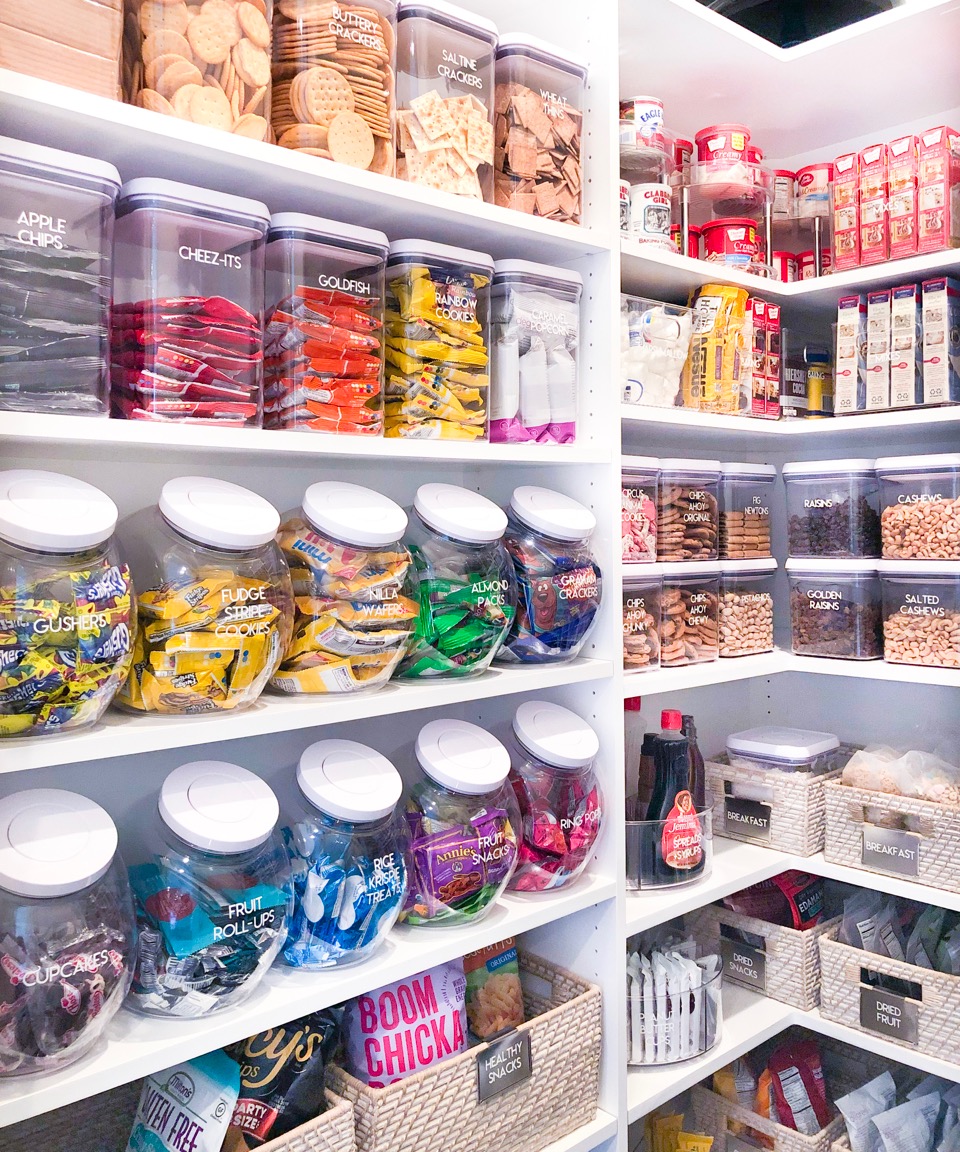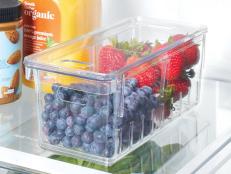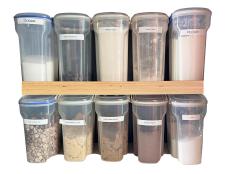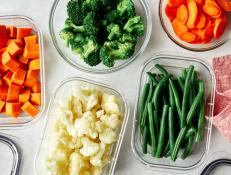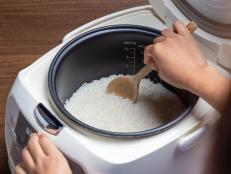10 Tips to Organize Your Menu Planning
Sit down once a week before you go shopping and organize yourself to avoid the stress of figuring out what to make for your meals on a daily basis.
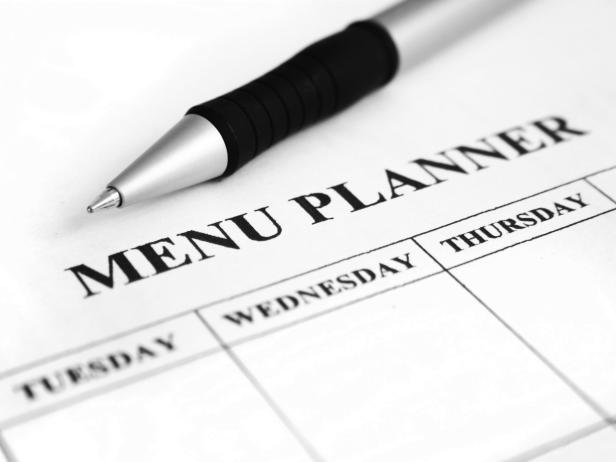
Aleksandar Stojanov
Menu planner
1. Check what ingredients you have in your pantry, fridge and freezer, and note which items need to be used up. Don’t forget any premade meals that are stocked in the freezer.
2. Check your supermarket circulars to find specials and sales.
3. If your dishes usually include meat, which is often the most-expensive component, build the main courses on either the frozen meat in your freezer or those on special, then add on the sides. If you’re veggie-centric, build meals with seasonal veggies, which are usually on sale.
4. Decide if you’re planning meals for the entire week or weekdays only. Consider the amount of time available with regard to activities planned for the week, i.e., meetings or scheduled late nights, sports or other curricular activities. Don’t forget to plan for breakfast, lunch and snacks in addition to dinners.
5. Create a list or folder of go-to recipes and family favorites that can be rotated regularly.
6. Look through cookbooks, recipes you have flagged, magazines and online sources for inspiration for those nights you want to try something new. Some magazines have weekly menus planned out that include complete shopping lists. Note pages or links to easily reference recipes.
7. Keep in mind what groceries will hold. It may be better to run to the market later in the week to grab a couple of fresh ingredients rather than worry about ingredients spoiling before you can use them. Or freeze items for a couple of days, but keep a reminder when to thaw them in time for use.
8. Schedule a day or two where you make a generous enough portion for leftovers that can be reheated and eaten as is or in parts. Rice or shredded chicken can be recycled into other dishes.
9. Print or post the weekly menu to keep on track.
10. Be flexible. If you’re really not in the mood for a meal you had planned, move it to a later date or freeze what you can and use the rest to create another meal.
For More Tips on Organizing:
- 9 Tips to Organize Your Cookbooks
- 10 Tips to Organize Your Grocery Store Trip



























